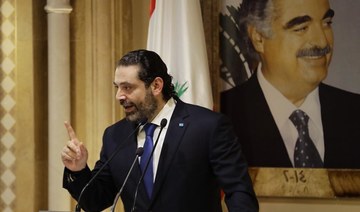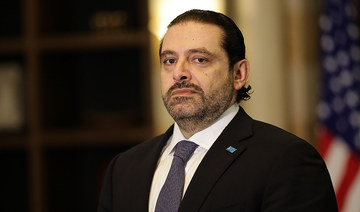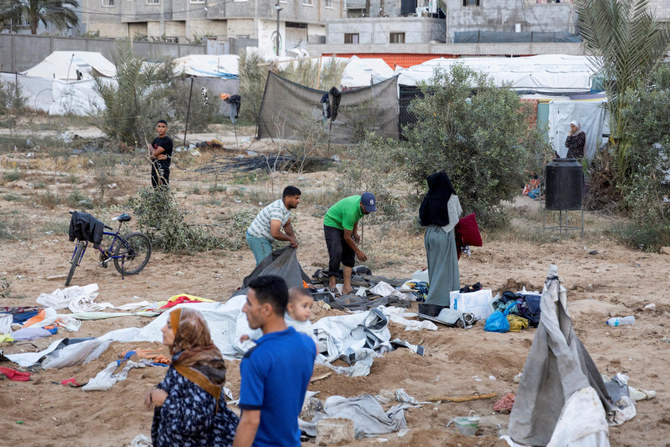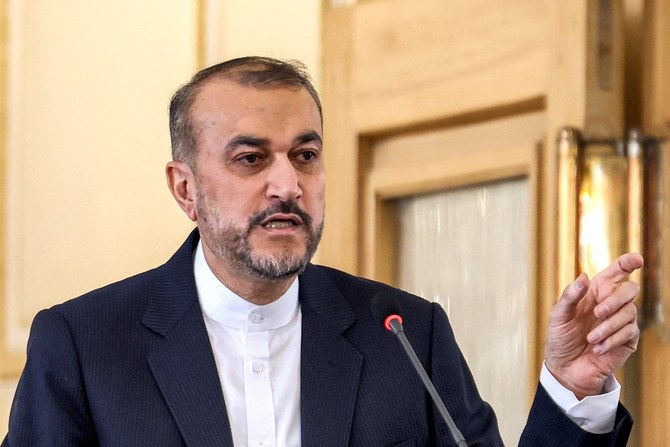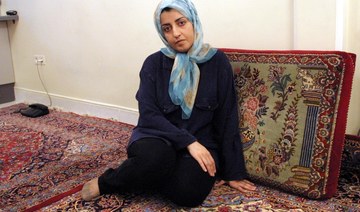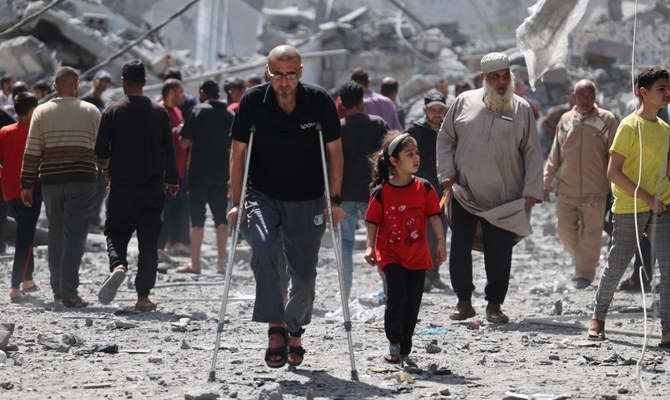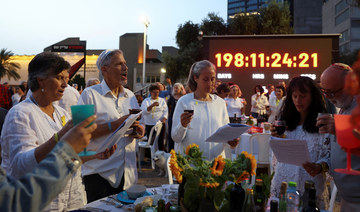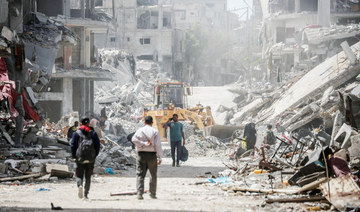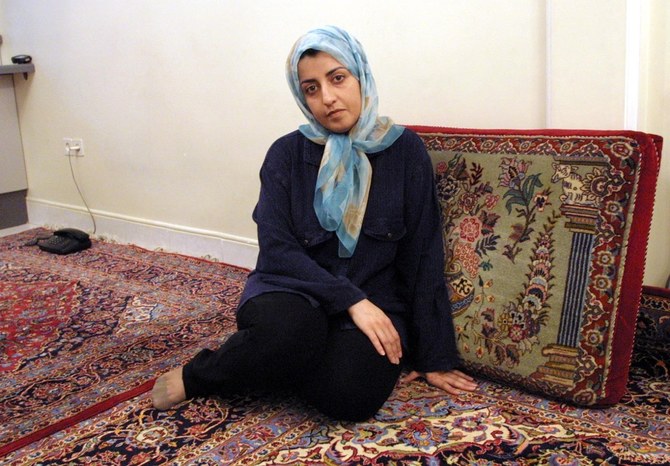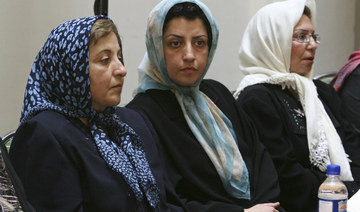ABU DHABI: Lebanon hopes the UAE will inject cash into its central bank to help shore up the ailing economy, Prime Minister Saad Al-Hariri said on Monday on a visit to the emirates in which leaders sought a deal behind closed doors.
Abu Dhabi is hosting a conference at which heavily indebted Lebanon is seeking partnerships and investments in food, infrastructure, oil and gas, and renewable energy.
The UAE economy minister said financing for Lebanon would be discussed, while one of Hariri’s advisers said the mood was “positive” — though no formal announcements had been made by late Monday.
However, the UAE announced its citizens would be allowed to travel to Lebanon starting from Tuesday (October 8), according to an Emirates News Agency statement released on Monday.
Faced with one of the world’s highest debt burdens, low growth and crumbling infrastructure, Hariri’s government has vowed to implement long-delayed reforms. It is also seeking to curb a sharp loss of confidence among foreign investors and among depositors who are turning away from the Lebanese pound.
Asked on the conference sidelines whether Lebanon will see a cash injection for its central bank, Prime Minister Saad Al-Hariri told Reuters: “We are working on everything,” adding: “Yes we are hoping, we will work on it.”
Financial markets have tightened significantly this year, raising the costs for Lebanon of borrowing and insuring against default. But hopes for a deal boosted dollar-denominated bonds on Monday, which remain down some 15% this year.
The central bank has been drawing down its foreign exchange reserves to repay the state’s maturing dollar-denominated debt, and said last week it was prepared to do more.
Central bank governor Riad Salameh, also attending the conference, said the bank was continuing to provide dollars to local financial markets, adding that Lebanon has “numerous possibilities” as it looks for assistance but it expects support from the UAE.
Lebanon’s traditionally high reserves of foreign currency have been in decline because capital inflows into its banking system from Lebanese abroad have been slowing.
An adviser to Hariri, Ghattas Khoury, told Reuters the mood at the conference was positive and that there would be a meeting between the Lebanese premier and UAE authorities later on Monday.
Beirut, which has debt-to-GDP ratio, hopes its Gulf allies or regional sovereign wealth funds will offer support but no public pledges have so far been made.
UAE economy minister Sultan bin Saeed Al Mansouri told reporters his government believes Lebanon’s investment climate is becoming more “settled.”
He made no financing commitments, but said any financing would “be discussed with the government and they’ll make the right decision.”
Lebanon is preparing to sell a Eurobond of around $2 billion this month, with cash raised earmarked for refinancing maturing debts and shoring up shaky public finances.
On Oct. 1, Moody’s put Lebanon’s Caa1 credit rating under review for downgrade, saying anticipated external financial assistance had not yet been forthcoming.
Ratings agency Fitch downgraded Lebanon to CCC in August, citing debt servicing concerns.
At the same time, S&P Global affirmed Lebanon at B-/B with a negative outlook, saying it considered foreign exchange reserves sufficient to service government debt in the “near term.”




